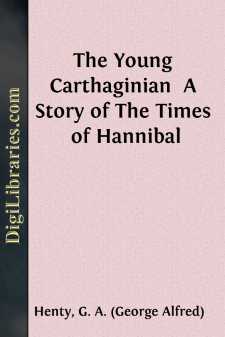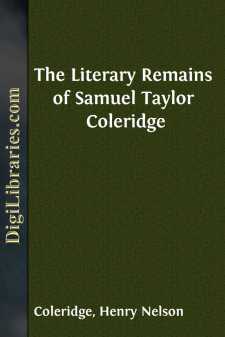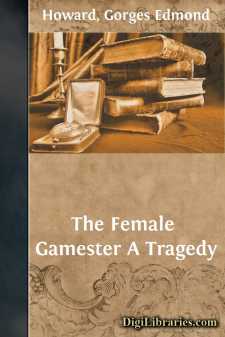Categories
- Antiques & Collectibles 13
- Architecture 36
- Art 48
- Bibles 22
- Biography & Autobiography 813
- Body, Mind & Spirit 138
- Business & Economics 28
- Children's Books 12
- Children's Fiction 9
- Computers 4
- Cooking 94
- Crafts & Hobbies 4
- Drama 346
- Education 46
- Family & Relationships 57
- Fiction 11821
- Games 19
- Gardening 17
- Health & Fitness 34
- History 1377
- House & Home 1
- Humor 147
- Juvenile Fiction 1873
- Juvenile Nonfiction 202
- Language Arts & Disciplines 88
- Law 16
- Literary Collections 686
- Literary Criticism 179
- Mathematics 13
- Medical 41
- Music 40
- Nature 179
- Non-Classifiable 1768
- Performing Arts 7
- Periodicals 1453
- Philosophy 64
- Photography 2
- Poetry 896
- Political Science 203
- Psychology 42
- Reference 154
- Religion 508
- Science 126
- Self-Help 81
- Social Science 81
- Sports & Recreation 34
- Study Aids 3
- Technology & Engineering 59
- Transportation 23
- Travel 463
- True Crime 29
In Our Town
Categories:
Description:
Excerpt
Scribes and Pharisees
Ours is a little town in that part of the country called the West by those who live east of the Alleghanies, and referred to lovingly as "back East" by those who dwell west of the Rockies. It is a country town where, as the song goes, "you know everybody and they all know you," and the country newspaper office is the social clearing-house.
When a man has published a paper in a country community for many years, he knows his town and its people, their strength and their weakness, their joys and their sorrows, their failings and their prosperity—or if he does not know these things, he is on the road to failure, for this knowledge must be the spirit of his paper. The country editor and his reporters sooner or later pass upon everything that interests their town.
In our little newspaper office we are all reporters, and we know many intimate things about our people that we do not print. We know, for instance, which wives will not let their husbands endorse other men's notes at the banks. We know about the row the Baptists are having to get rid of the bass singer in their choir, who has sung at funerals for thirty years, until it has reached a point where all good Baptists dread death on account of his lugubrious profundo. Perhaps we should take this tragedy to heart, but we know that the Methodists are having the same trouble with their soprano, who "flats"—and has flatted for ten years, and is too proud to quit the choir "under fire" as she calls it; and we remember what a time the Congregationalists had getting rid of their tenor. So that choir troubles are to us only a part of the grist that keeps the mill going.
As the merest incident of the daily grind, it came to the office that the bank cashier, whose retirement we announced with half a column of regret, was caught $3500 short, after twenty years of faithful service, and that his wife sold the homestead to make his shortage good. We know the week that the widower sets out, and we hear with remarkable accuracy just when he has been refused by this particular widow or that, and, when he begins on a school-teacher, the whole office has candy and cigar and mince pie bets on the result, with the odds on the widower five to one. We know the woman who is always sent for when a baby comes to town, and who has laid more good people of the community in their shrouds than all the undertakers. We know the politician who gets five dollars a day for his "services" at the polls, the man who takes three dollars and the man who will work for the good of the cause in the precious hope of a blessed reward at some future county convention. To know these things is not a matter of pride; it is not a source of annoyance or shame; it is part of the business.
Though our loathed but esteemed contemporary, the Statesman, speaks of our town as "this city," and calls the marshal "chief of police," we are none the less a country town. Like hundreds of its kind, our little daily newspaper is equipped with typesetting machines and is printed from a web perfecting press, yet it is only a country newspaper, and knowing this we refuse to put on city airs....












